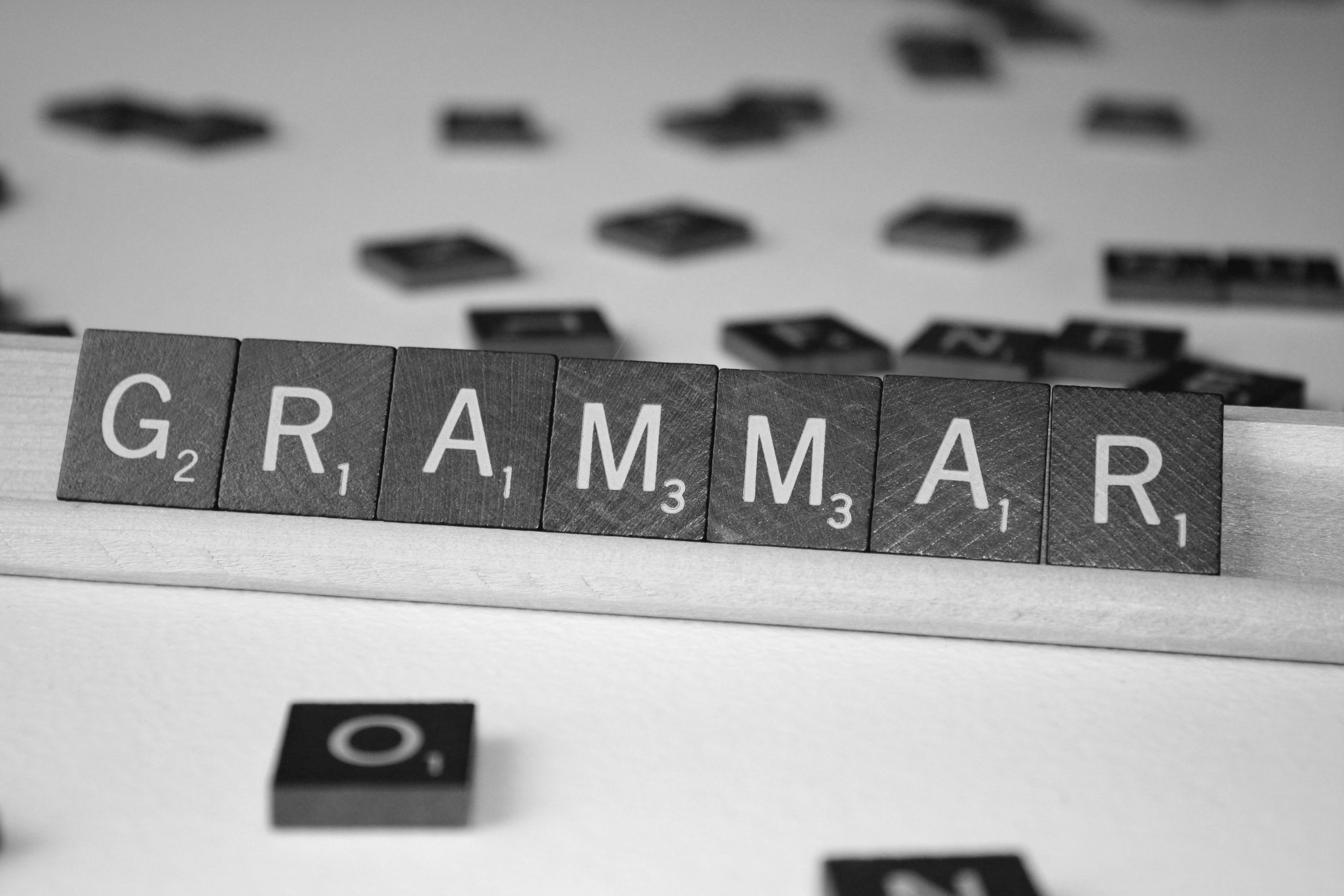For many years I was what some consider a “Grammer Nazi.”
I used to correct people when they meant “well” instead of “good” or snap at the use of the phrase “could you borrow me a pencil.” I had always been adamant that people should speak in a way that is elegant or “educated,” as some may define it, but over the past few years, I have come to realize that perhaps it is not urgent to have people speak English the same way I prefer it to be spoken.
Around the time I entered college, I came across an article describing how English was taking on various forms. What I mean by this is how there are now entire communities who speak English in one manner while another community speaks it in a different one, but despite these differences both are correct forms of English.
The simplest way to express this in a more understandable way would be through a common meme that we all know and love: “Ain’t nobody got time for that.”
By “proper” English we can clearly see that there is a use of a double negative, which should mean it becomes positive, but by cultural English standards this is grammatically correct and remains negative, so it’s true that nobody has time for that. This was one of two things that got me thinking, maybe my English isn’t the only right English.
The other thing that got me thinking is a video my friend shared on Facebook, featuring a monologue by Stephen Fry, who has always had the most elegant way of speaking.
What I would have expected of someone so verbally artistic would be the desire to hear people speak equally well, but to my surprise he actually defends people making technical errors in the way they speak, comparing an individual’s way of speaking with the clothes we go out in every day. Talking erroneously or in a culturally different way or having some small technical discrepancies in a sentence is like going out in casual clothing to a bar or just lounging around with some friends in sweaters and t-shirts during a game. The only time it may be truly important to speak properly is at a time when you may be wearing a suit, like going to an interview.
Fry defines it as “dressing up your language,” making it neat for when it matters, but when you don’t need it tidy, just talking how you like.
After watching the video, I thought back to that first article I read, and began to think about how important it really was to me to correct and ensure people always speak the way they should. Is it really so important that everyone talk the same way? After some pondering, I realized that, so long as we learn how to talk in a “dressed up” way at some point, there is no real way we should talk.
The way we should talk is unique to each person, so correcting someone who speaks differently is more like putting your words in their mouth, not fixing their language. Being a stickler for grammar could even be seen as a way of stripping someone of their persona, making everyone out to be the same person, not a society full of colorful language, but a gray community that turns out to be rather bland and boring.
This realization brought about a new view on grammar for me, along with the end of my days as the frequently loathed character known as the “Grammar Nazi.”
Well, almost. I’m almost there.
